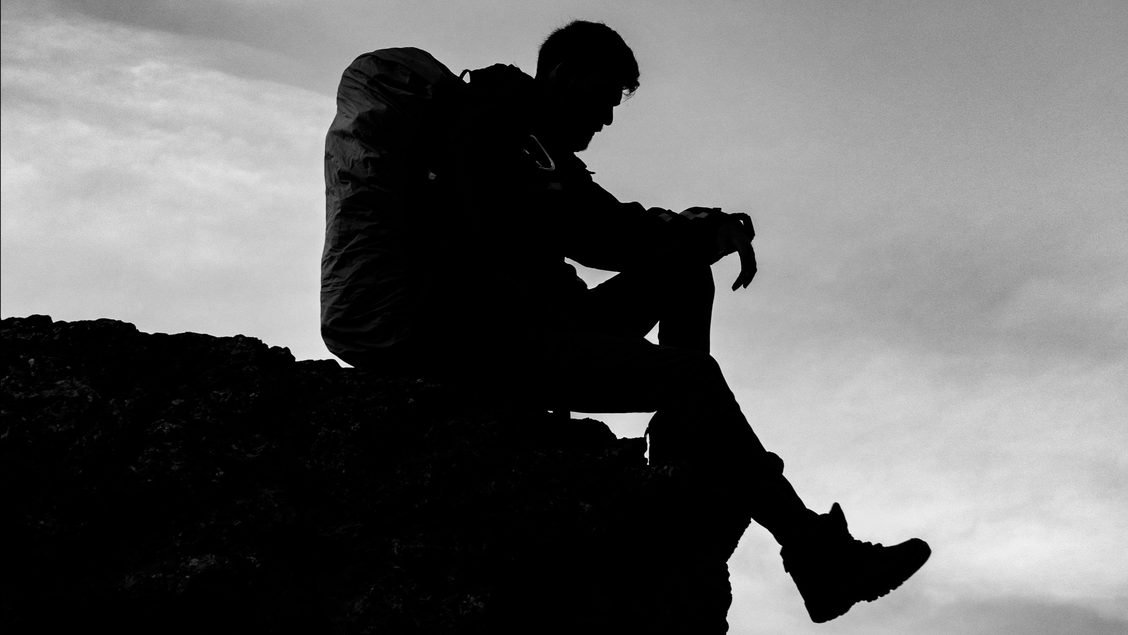This coming Sunday, May 21, Youth Group will be leading our worship services at both 8 and 10:30am, as I’m sure you have heard by now! Sometimes, when people hear that the youth are leading a service, they imagine it will be, perhaps, a simplified and sweet form of worship. I can assure you that these services will be complex, thoughtful, and evocative.
The teenagers of Trinity have written reflections on the scriptures which will reveal to you the depth of their own spiritual perceptions and will challenge you to consider deeply what they have to say. Our youth have written prayers which will put before you their greatest concerns and will bid you to respond with action to their priorities.
Some of the most thoughtful spiritual insights I have ever heard have come from the youth and children of Trinity Church, so I heartily commend these services to you.
Personally, I am profoundly grateful to all of my colleagues who work with the children and youth here at Trinity: Emily, Connor, Annie, Kara, Paul, as well as our seminary interns. Everyone interacts with the kids with dignity and respect. The spiritual and personal integrity of every young person is valued. Here, our children and young people are talked to, and talked with, and never talked at, or down to. I know none of us would expect otherwise, but this doesn’t necessarily happen in every congregation. The baptismal vow to “respect the dignity of evey human being” has taken hold in this commuity, and the fruit of this committment it readily visible in the consistently growing Youth Group and the joyfully, increasingly crowded north transept.
It is a commonplace in christian communities to say that children and teenagers are the future of the church. When I put that idea before our youth and asked them what they thought of that, they were adamantly happy to point out they are not the church of the future, they are the church of right this minute.
Of course, they are charming, and energetic, and creatively expressive. These are not naïve limitations; these are essential gifts. When Jesus said, “Let the little children come to me, and do not hinder them,” Jesus was not urging us to make sure kids are tolerated. Jesus is offering an admonition to recognize that young people have spiritual sensitivities — just as we had when we were young, that must not be overlooked, nor taken for granted, nor go unheard.
It will be a blessing to us all to hear directly from our youth this Sunday.
May the vitality our young people bring to worship invigorate us all with a joyous energy that will lead us all — of all ages, all together — to grow into the full stature of Christ.
See you Sunday!
Most faithfully,
The Rev. Joanne Epply-Schmidt, Associate Rector





